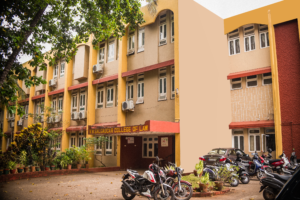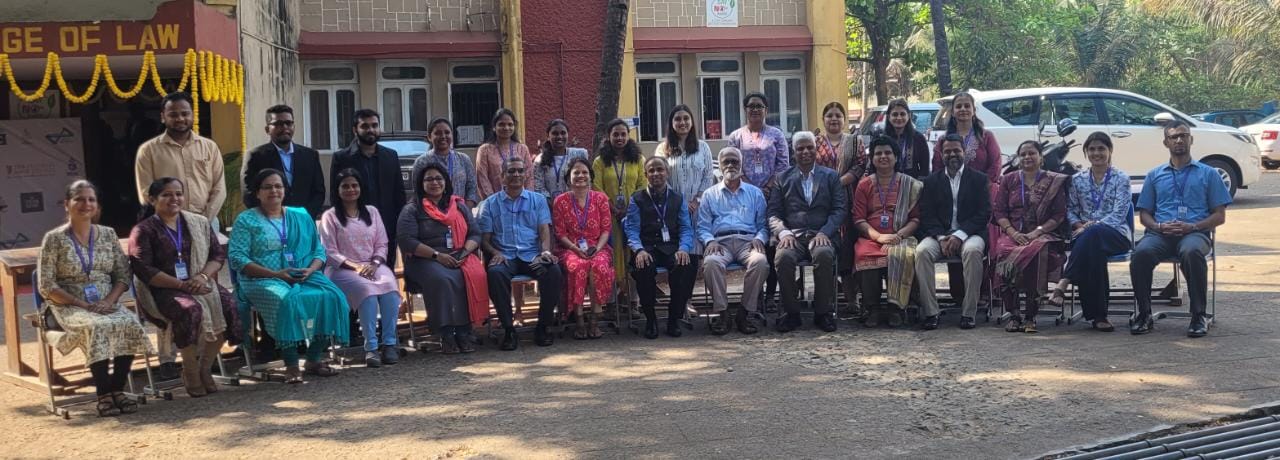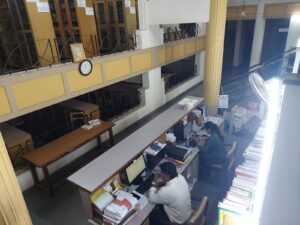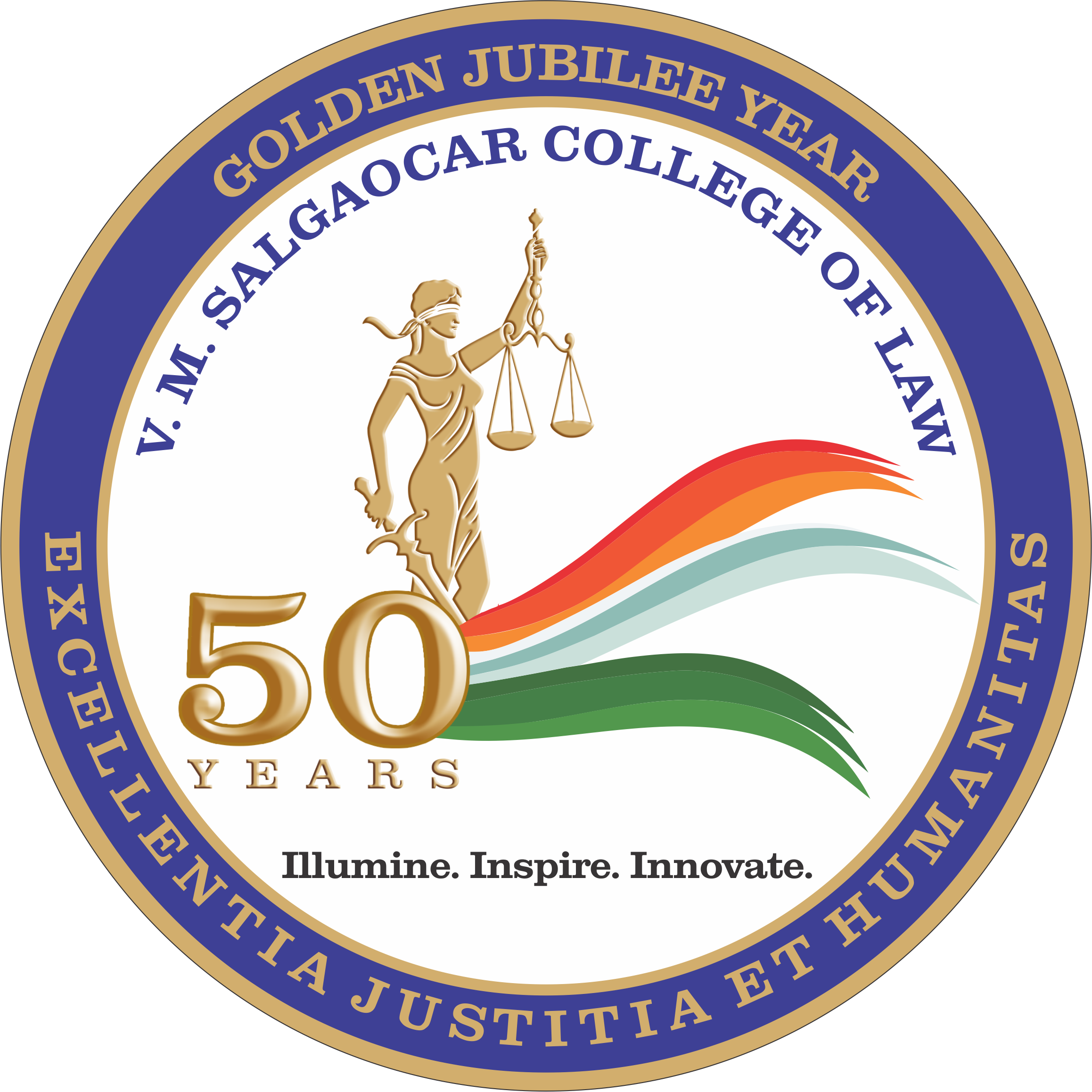policy on academic integrity
Home Doctoral Program
Research Center | Research Policy | Research Outcomes
Policy On Academic Integrity
![]()
As a prominent institution in the State imparting legal education and undertaking research, VM Salgaocar College of Law places utmost importance on integrity in academic work and research undertaken.
The policy on academic integrity requires that a faculty/student undertaking research and/or publication.
Should properly acknowledge and cite the use of ideas, results, material or words of others.
Should report the findings accurately without suppressing or manipulating any results inconsistent with his or her interpretation or conclusions.
For the purpose of this policy, it is hereby clarified that plagiarism means the use of material, ideas, or data as one’s own, without appropriately acknowledging the original source.
Plagiarism includes but is not limited to:
Creating sources, or citations that do not exist.
Fabricating or manipulating data and reporting it in dissertations, theses and publications.
In addition to the above, the following ethics are to be observed by the faculty:
1. Faculty should not use the research of the student for their own purpose.
2. In case the faculty takes students’ assistance in research, the due acknowledgment must be given to the student.
3. Students must be informed well in advance about the academic credits/financial incentives that he/she would receive for supporting the research.
The Goa University (GU) has received anti-plagiarism software through a body of University Grants Commission (UGC), New Delhi, which will now enable the varsity to keep a check on plagiarism in doctorate thesis and other research submitted to the body.
The Information and Library Network Centre (INFLIBNET) is an autonomous inter-university centre of UGC, which has provided GU the facility of free access to the anti-plagiarism tools known as ‘Turnitin’ and ‘iThenticate’ under the ‘Shodganga Project’. The university has been made a part of the Shodganga project as it is a signatory to a memorandum of understanding with INFLIBNET.
The university’s library has been identified as the nodal centre to put the software to use and GU’s librarian has been nominated as Shodaganga’s coordinator for the university.
With these anti-plagiarism tools, the soft copy of any manuscript or thesis can be scanned systematically to pinpoint the extent of plagiarism- URKUND
Ethics Committee
![]()




